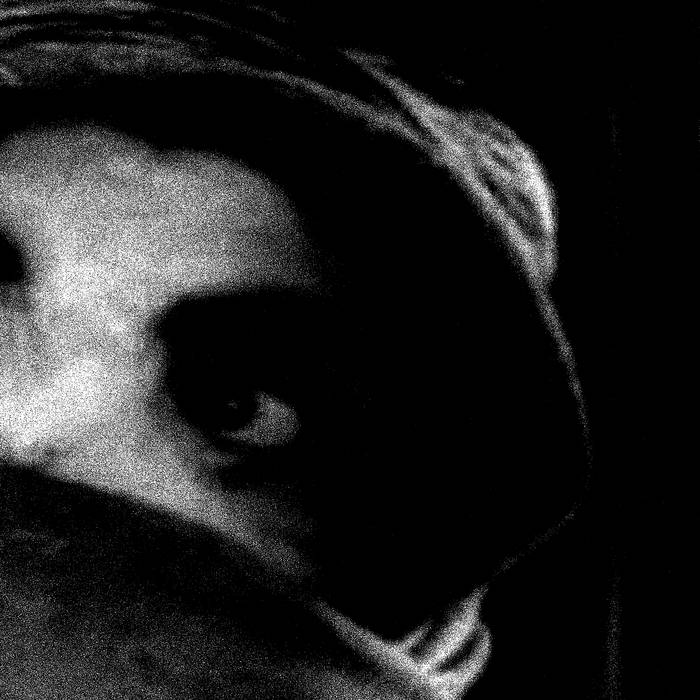Even on their eponymous 2004 debut there was a playfulness to The Body, wrong-footing the listener with unusual song structure and abrupt endings. That album established the duo’s core sound of Lee Buford’s pounding drums, guitars distorted beyond recognition through blown-out amps, and Chip King’s inimitable screech of despair. But already there was a suggestion they were already keen to move beyond the genre limits of doom and sludge metal.
Since then, their tireless collaboration across heavy genres (including records with Full of Hell, Uniform, Thou, BIG|BRAVE and The Haxan Cloak) has consistently nudged their sound in new directions. Their last release, with Berlin-based DJ and producer Dis Fig (Felicia Chen), Orchards of a Futile Heaven, created one of the year’s best albums, at once harrowing, beautiful, and a stunning demonstration of how heavy electronic music can be.
On The Crying Out of Things, The Body nominally return to their original line-up, but as is often the case, the band’s twisted takes on dub, electronica and popular music find transcendence through the contributions of guests, like vocalists Chen and Ben Eberle, live strings, horns and piano, and the nuanced production of Seth Manchester.
Opener ‘Last Things’ starts in very familiar territory. A slowed and warped voice speaks over a barrage of drums, soon joined by King’s screams and filthy guitars. But it’s Dan Blacksberg’s melancholy horn arrangement that elevates the track and gestures towards the new direction being explored, one that incorporates the affecting use of melody that Chen brought to Orchards….
The lyrics are as bleak and nihilistic as ever: endless cycles of violence, rage and hopelessness, the pointlessness of lives bound by capitalism, complicity and guilt at the unfolding horrors around the world, and, deep down, just a profound fucking weariness with it all. Understandably, people often overlook The Body’s sense of humour. But on their recent UK tour with Dis Fig, their social media posts were mainly excited about visiting “the land of Greggs”, and interviews reveal two affable, down-to-earth guys who seem happy doing what they love and collaborating with friends.
That mischief is there in the music, too. In ‘The Building’, an unsettling track of harsh noise, disorienting beats and Chen’s possessed vocal delivery, there is an astonishing ten-second passage where the storm clouds break. The drums straighten out, a poppy four-chord loop joins the sludgy guitar, and King’s shrieks are answered by a catchy chorus of backing vocals. Another band might have turned this gorgeous loop into a hit song, but The Body immediately torch the whole thing, the harmony disintegrating into harsh noise and squeals of static. Against the darkness of the album’s violent passages, these brief moments of light and colour only deepen the shadows. There is beauty, the album says, there is connection, there is Greggs, but nothing lasts.


